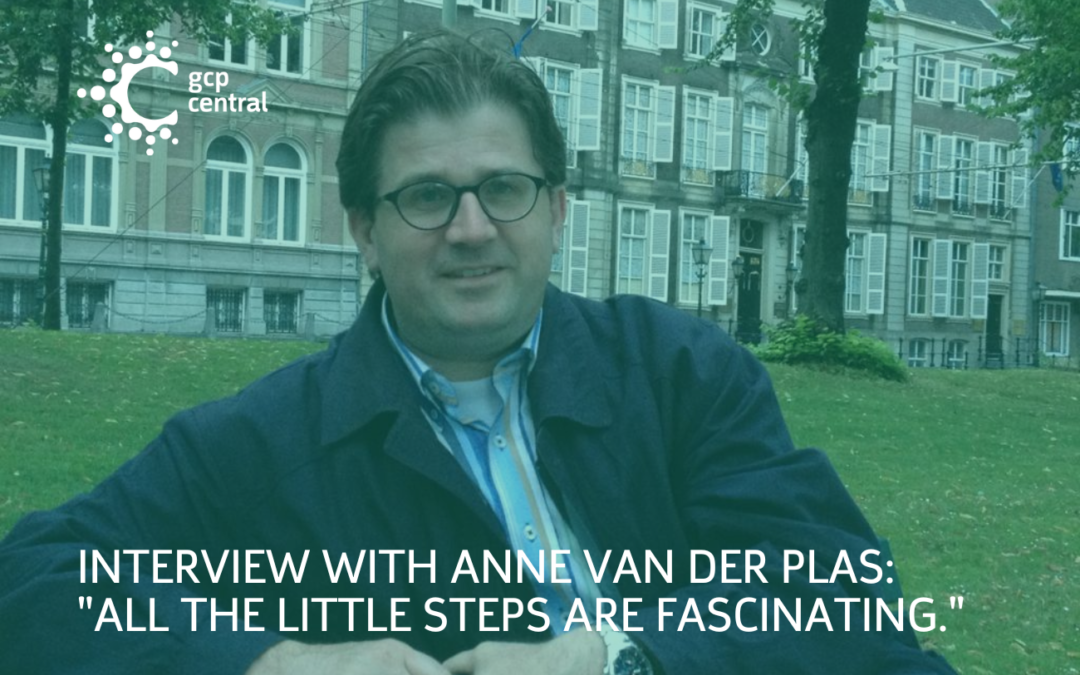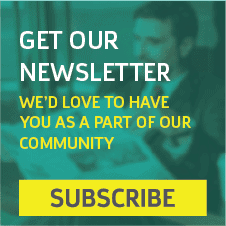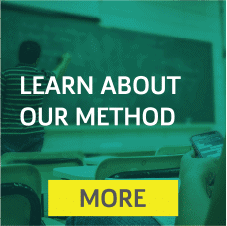GCP Central has been around for more than ten years now. A time in which we have put all our energy, passion and dedication into training the international research industry on good clinical practice, or GCP. So that scientific research is conducted per the applicable laws and regulations. For a smooth process from start to finish. And, of course, for safety and efficacy for participants and future patients.
We develop the courses for our clients, for you. We continuously show you what we are doing, what is changing and where we are going. But how do you experience our training? What is your motivation for doing research? How do you view the laws and regulations? Is there resistance? Is the training useful? Is the knowledge gained applicable?
In this interview series, we speak with some of you. That way, we can learn from your experiences, but someone else’s story may inspire you. We will visit different research groups, hospitals and people with varying roles within the world of science.
The first researcher we speak to is Anne van der Plas, a neurologist at Alrijne Hospital. He recently did a blended WMO GCP training with us. First, some online modules, followed by on-site classroom training.
What immediately stands out about Anne is his enthusiasm; about the profession, zeal about teaching and research, and enthusiasm about his area of interest within neurology, movement disorders. For someone whose primary focus is movement disorders, it is quite “appropriate” for him to say about research, “Really, all the steps are fascinating!”
He says this from the bottom of his heart. “It’s good to have your feet in the mud, i.e., to know what you’re up against as a physician in practice. Turning that into research questions and hypotheses and ultimately determining what a course of study accomplishes.” He interrupted his training as a neurologist to do five years of doctoral research. The topic was complex regional pain syndrome (CRPS). He had little practical experience with that, but that time was worth its weight in gold. He is still reaping the benefits of it, because he can read other articles better, “reading through them and not taking everything for granted.” And when only one positive result comes out of all your research, “you get a thick skin from that, too.”
“I liked how you set it up; you really get involved in thinking about the topic.”
Anne was doing the BROK (Basic Course in Regulation and Organization for Clinical Researchers) during his PhD track. After completing that, he had no GCP training for over ten years. Until he did training with us last year, he saw a big difference. At the BROK, the pressure was on to pass the exam, and it was more hard copy reading through at the time. This contrasts with what he says about our GCP training: “What I liked is how you set it up, that you are confronted with gaps in knowledge in an interactive way using questions. You get more involved in thinking about the topic, especially based on wrong answers; you think, “oh yes, but what about it?”. You get triggered a lot more.”
Anne is very excited about our GCP training. In the past 10 years, he has done no training because he was mainly indirectly involved in recruiting patients for ‘other people’s research. Here he had his conditions, so he was also involved in the fundamental data analysis, et cetera. So the researcher did have knowledge and experience but was not yet GCP certified. Now he needs the GCP certificate because the collaboration with the CHDR (Center for Human Drug Research) is intensifying, and he wants to initiate more research. With the GCP certificate in his pocket, Anne will actively update his GCP knowledge by scheduling self-study and, of course, putting it into practice. When he thinks back to his time at LUMC, he remembers the supporting website with flowcharts that help you find the right “path” in preparation for the study you want to set up with links to necessary forms. This is where he sees room for improvement at the Alrijne Hospital because he experiences “finding out about linked laws and regulations as essential.” At the same time, he would like to point out that there is always easy access to the scientific coordinator of the Alrijne Hospital, Menno Benard. Furthermore, this doctor hardly experiences any resistance and has not yet run into anything. During his doctoral research, he sometimes struggled to distinguish between adverse events, such as serious and severe adverse events. In doing so, he then knew how to ask the right people for help, and here he endorses the importance of a suitable research protocol. “Then you have a procedure you can follow, and the laws and regulations are already woven into it,” he said. Then you can just follow the steps.
“For the 2nd half of my career, I see doing more science as a nice next step.”
In the plans, Anne has to give more attention to scientific research at Alrijne Hospital; he also wants to involve young doctors and let them take more steps into the wonderful world of doing research. As an educator, he is responsible for the assistant physicians in training to become neurologists. But he wants to offer the residents who are not yet in training a part-time schedule in which time is set aside for conducting scientific research in addition to patient care. Such a resume may also increase the chances for these young doctors to train elsewhere to become neurologists, general practitioners or other specialists. The young doctors will therefore undergo GCP training. Anne talks passionately about teaching and training the next generation of colleagues. And yet, “This halfway through my career, my days are mostly filled with teaching and caring. For the 2nd half of my career, I see expansion or transition into doing more science as a nice next step.”
He also wants to use science to make healthcare future-proof and affordable. Anne gives a great example of this. He works a lot with specialists in geriatrics, focusing on Parkinson’s patients. As in many areas of healthcare, much of his attention is now focused on creating care pathways that will enable people to live longer at home. In the process, a care transformation manager at Alrijne is also thinking along with him, using PROMs and PREMs to test whether innovative measures add value. “So automatically, you already try to involve science in your improvement plans. For financial support of such projects, you must come up with hard figures. We often miss that now. You only get your hands on them when you show: ‘it saves the hospital so much’ or ‘it improves the quality of life, but also saves so much.”
“Sound scientific research is not just what gets into the big journals, but the small steps needed to solve a big healthcare problem.”
In addition to his weekly visits to a nursing home with a rehabilitation unit for Parkinson’s patients, Anne regularly speaks to family physicians. This often involves the years when they see patients with symptoms, such as constipation or sleep problems, that later become an initial manifestation of Parkinson’s, the so-called premotor symptoms. This is less relevant now, but when treatments become available that affect the course of the disease, it will become essential to identify these people as potential Parkinson’s patients at that early stage. Anne also sees scientific research as essential and recognizes this belief among many family physicians, again, a great example of research questions arising from daily practice. Anne sees this collaboration with so many different people and disciplines as one of the best parts of his profession. He is open to the feedback and opinions of others. Whether it’s advice from his supervisor on his career path or asking for input from nursing home colleagues on how they would approach clinical issues, he factors it all into his decisions. Thus, every input, no matter how small, contributes to Anne’s extraordinary career behind and in front of him. Just as every research project, no matter how small, contributes to the scientific knowledge we are gathering together. This is where Anne’s last quote fits in nicely: “Sound scientific research is not just what gets into the big magazines, but the small research projects are also significant. Small steps are needed to solve a big healthcare problem. And really, all the little steps of that are fascinating!”
Anne van der Plas especially appreciates our GCP training:
- because it is done enjoyably.
- because of the layouts of both the e-learning and the classroom lesson, which are very clear.
- because of the length of time, which is fine. “Even though you are always shocked to spend those few hours on preparation. Luckily I had a day off…”
- It all sticks much better this way than just cramming for an exam. As a trainer, he is trained to promote knowledge transfer, and he sees the principles of this in our training.
- because he plans to maintain GCP knowledge. Anne has a self-study schedule, scheduling a topic each week to delve into. So now GCP has been added to that.
- GCP Central’s training remains open for a year, which is super nice and helpful.




